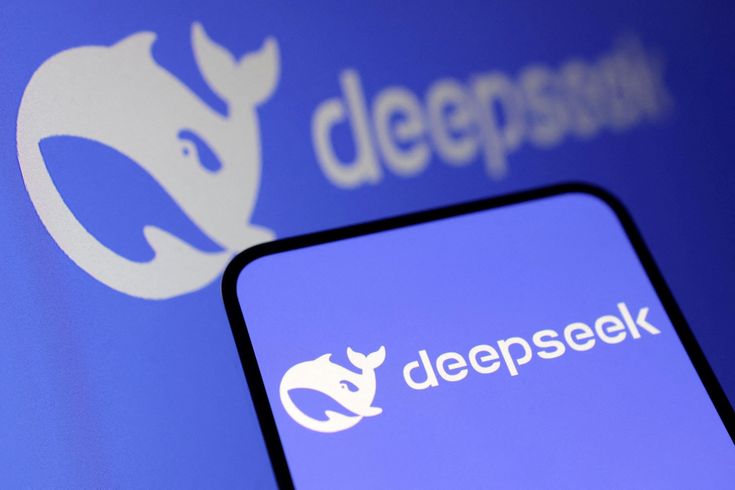
Business and Financial News, Expert Opinions & International News How DeepSeek AI is Disrupting the...
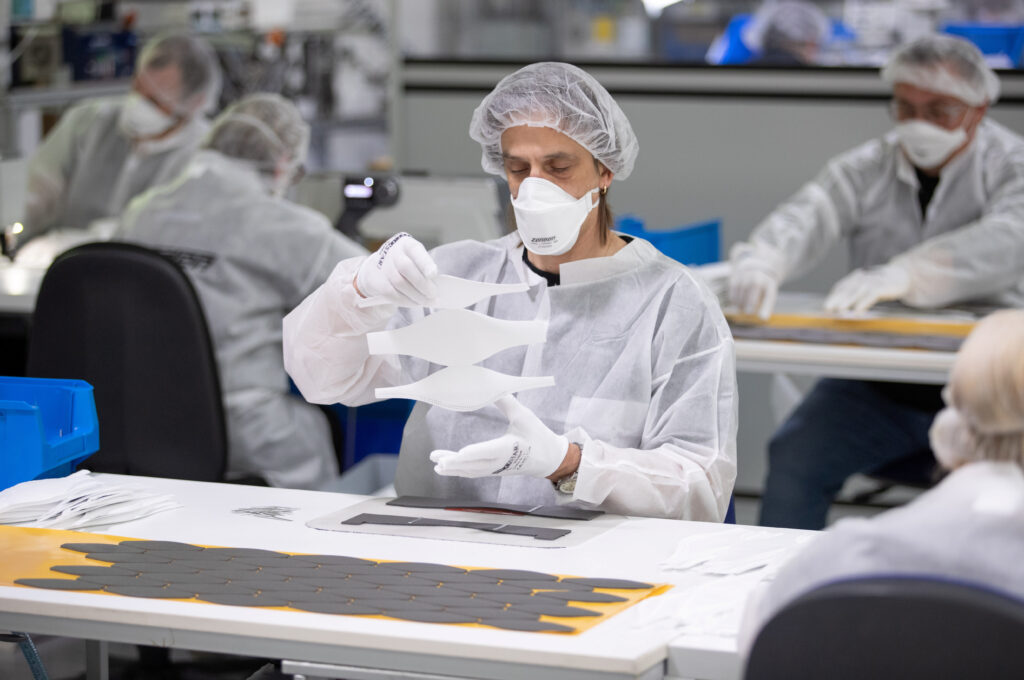

12.07.2020
As much of the world shelters in place, a new future is being invented. The global pandemic, for all the human misery it has wrought, is changing communities in profound ways, forcing people and businesses to fundamentally rethink basic assumptions. Amid the grim statistics, there are countless stories of human adaptability and courage. Businesses too have been battered like never before, yet there are numerous examples of innovation and resilience.
The most striking thing about the responses I’ve seen is how many companies, in a time of dire need, are making decisions that serve long-term communal interests, rather than focusing on the short-term interests of shareholders. They’re taking a much larger view of their mandate because they understand that a healthy, successful outcome is far more important for our future success than booking profits – or minimizing losses – for the next quarter. As long-term investors ourselves, we applaud this realignment. We believe the pandemic will help more companies see the important advantages of thinking long-term.
New solutions in a time of extreme need
As soon as yet another troubling aspect of the current crisis is reported, I hear about an innovative response, as companies rapidly deploy their resources in new ways to meet challenges that are literally of life and death importance. In fields from healthcare, to technology, to energy, we’re seeing businesses shift their models to offer whatever they can to help slow, prevent, or cure the virus. But we’re also seeing something else: an immediate and instinctive reaction to simply do something good for communities that need help.
Sometimes, it’s taking redeployment to extraordinary lengths. At a Braskem petrochemical plant in Pennsylvania, 43 employees volunteered to move into the plant for 28 days so they could ramp up production of polypropylene, a key ingredient in face masks and other personal protective gear, which had fallen into short supply. By staying on site, the workers could minimize the risk of catching or spreading an infection. The employees worked 12-hour shifts, day and night, to meet the challenge. Even more extraordinary: they volunteered for the work, and Braskem paid them for all 24 hours, all 28 days.
Bauer, a US maker of hockey gear, switched from making hockey visors to face shields for frontline medical workers. When the company was immediately swamped with orders, it took the unorthodox step of publishing its design and manufacturing instructions online so others, including competitors, could help fill the need. No, that’s not in the Adam Smith playbook for capitalists – but, if you take a longer-term view, it was absolutely the right thing to do.

The crisis has also forced companies to find creative solutions to COVID-related constraints. We know of an Ohio-based spirits maker that, like others in its industry, has converted its distillery to produce hand sanitizer. Due to supply-chain constraints, it could not immediately source the bottles it needed to package the sanitizer. Rather than waiting, it came up with a quick workaround: another Ohio company, Berlin Packaging, in which we invest, supplied screw-cap bottles normally used for barbecue sauce. Not perfect, but usable and fast.
In a period of massive, sudden unemployment, other companies that supply essential services are finding direct ways to support customers who depend on them. A few from our portfolio: Hong Kong Broadband is waiving some service fees and offering free access for two years to underprivileged families, while Washington state power and gas utility Puget Sound Energy is waiving late charges and ramping up support for low-income customers. In India, L&T Infrastructure Development Projects Limited, a road developer, is distributing food to migrant workers attempting to make their way back home from the cities to the countryside on foot.
Some businesses are finding creative ways to tweak their offerings to respond to the global crisis. Another company we invest in, British-based theme park operator Merlin Entertainment, which owns Legoland and Madame Tussauds among other brands, has launched a series of educational videos for kids, to support parents who suddenly find themselves in the role of home-school teacher.
Life after COVID-19
When we come out of this crisis, we will inevitably find a new normal, with a big emphasis on “new”. We won’t go back to the old way of doing things. Every person, government, community, and the company will be changed by this experience. When companies like Berlin Packaging see how quickly they are able to use their strengths to solve a new challenge, they will add that skill to their arsenal, perhaps enabling them to seize non-obvious opportunities in the future. Merlin Entertainment might uncover entire new markets for its production skills.
The COVID-19 crisis has been a wake-up call for all of us, forcing us to reaffirm some fundamental truths. We all share one planet and are inextricably bound to one another. We’ve learned that COVID-19 anywhere means COVID-19 everywhere. And that what happens in Beijing matters in New York, which affects outcomes in São Paulo. Long-termists instinctively understand this interconnectedness. They know that sometimes the right answer is to simply pay it forward, and do as much as you can in the moment.
Written by:
Mark Machin, President and CEO, CPP Investments
The views expressed in this article are those of the author alone and not the World Economic Forum.
Reference:https://www.weforum.org/agenda/2020/07/covid-19-making-companies-act-long-term/




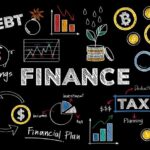

Business and Financial News, Expert Opinions & International News How DeepSeek AI is Disrupting the...

Expert Opinions & Politics and Governance The Re-Election of President Mahama: Implications and Future Prospects...
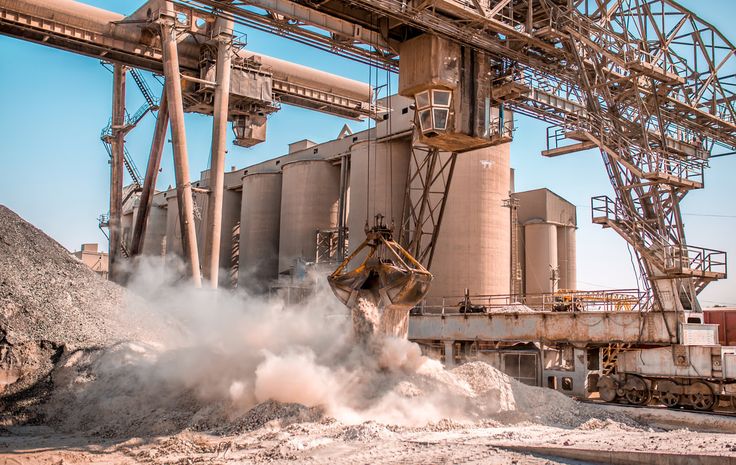
Expert Opinions & Politics and Governance “From Tradition to Transformation: Uncovering the Dynamic Innovations of...

Expert Opinions Africa’s Prosperity and Population Growth: A Statistical and Business Case Perspective E. N....
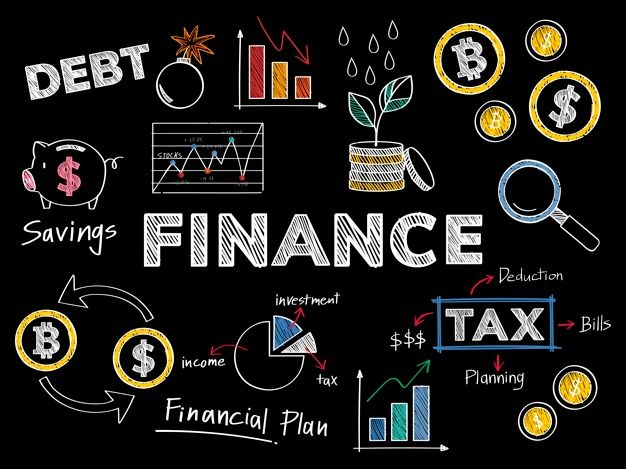
Business and Financial News, Expert Opinions & Politics and Governance Ghana’s decades of darkness: Finance...

Business and Financial News & Expert Opinions Taxation vs. Debt: Is Ghana making the Right...
©2024. Tunani Africa – Ghana. All Rights Reserved | Designed by XCreativs Technologies